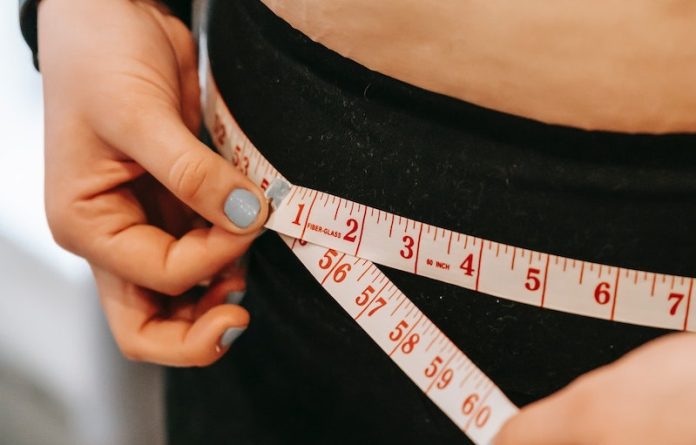
Long COVID is a complex condition that develops during or after having COVID, and it is classified as such when symptoms continue for more than 12 weeks.
In a study from the University of East Anglia, scientists found overweight women are more likely to experience symptoms of long COVID.
The new study is one of the largest studies on long COVID in the U.K.
It shows that having a higher BMI is linked with the condition and that women are more likely to experience long COVID than men.
The research also found that people with long COVID are much more likely to need additional, and often lasting, NHS care than those who make a swift recovery.
Just over two million people in the U.K. are thought to suffer with long COVID and it affects people in different ways.
Breathlessness, a cough, heart palpitations, headaches, and severe fatigue are among the most prevalent symptoms.
In the study, the team wanted to find out what factors might make people more or less susceptible to developing long COVID.
They surveyed patients in Norfolk who had received a positive COVID PCR test result in 2020.
A total of 1,487 people took part in an online survey that covered long-COVID symptoms such as breathlessness, chest pain, fatigue, memory problems, and anxiety.
They found that more than half of the participants (774) were experiencing at least one long COVID symptom, showing a high self-reported prevalence.
Next, they looked to see what factors might make people more or less likely to suffer from the condition by looking at the participants’ medical records.
Factors including BMI, sex, medication use, other health conditions, and whether they lived in a deprived area were taken into account.
The team found that more than half of the survey respondents who tested positive for COVID in the East of England during the first year of the pandemic went on to report long COVID symptoms.
All of these people were infected in the months before the COVID vaccination program was rolled out and they suffered from numerous new symptoms that were not present before their COVID infection.
The team found that more women than men had long COVID symptoms. We also found that having a higher BMI was linked with long COVID.
They also found that people with long COVID were over three times more likely to use healthcare services than those who didn’t display long COVID symptoms.
The researchers hope that their work will help policymakers plan local services and also inform the wider public of the scale of the long COVID pandemic.
If you care about weight loss, please read studies that hop extract could reduce belly fat in overweight people, and early time-restricted eating could help lose weight.
For more information about COVID, please see recent studies about rare blood clots after COVID-19 vaccination, and new therapy from bananas may help treat COVID-19.
The study was conducted by Prof Vassilios Vassiliou et al and published in PLOS Global Public Health.
Copyright © 2022 Knowridge Science Report. All rights reserved.



